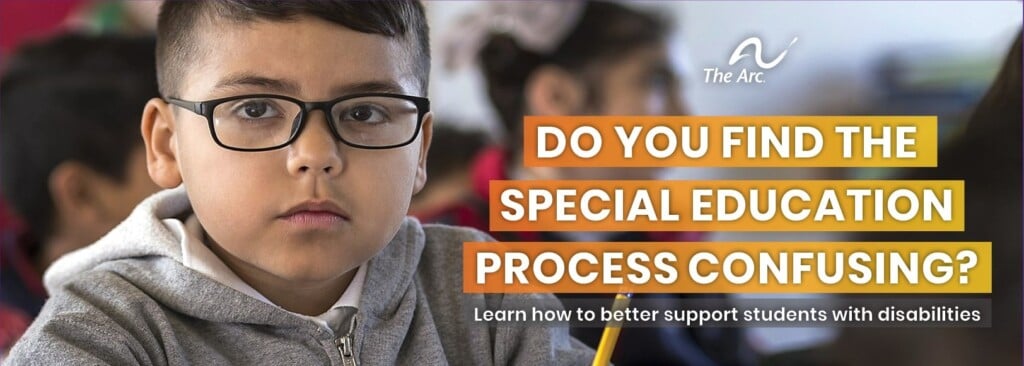This article was written and Published by Erin Shepherd on August 14th, 2024

To the simultaneous cheers and tears of parents all over the metro area, school is once again starting! Supplies have been purchased, meet-the-teacher dates published, and all the anxieties about returning to school are sprouting all over the place.
An added layer of anxiety for so many parents of school-aged children is that of disability. It’s hard enough wading through the barrage of information at the beginning of a school year as a parent of neurotypical or physically typical children. Parents of children with disabilities endure different challenges within the special education system. A new, confusing set of paperwork and acronyms that they may have never encountered previously.
IDEA
Special education services for students with disabilities are governed under the federal law called Individuals with Disabilities Education Act, or IDEA. The IDEA guarantees free and appropriate public education for all students, no matter the severity of the disability. This law was passed in 1975 after frustrated parents advocated for educational equity, challenging the notion that children with disabilities couldn’t, or shouldn’t, be educated. The law has undergone many changes and iterations but now guarantees education from early childhood through the age of 21.
The Special Education Process
The special education process begins with child find, or the process of identifying students with disabilities, specifically disabilities that impact their education. This referral can come from parents, pediatricians, therapists, or school personnel. It’s vital that students with disabilities are identified in the school system so that they receive a free and appropriate public education.
Once a student has been identified, the evaluation process takes place, involving school psychologists/psychometrists, teachers, outside reports, and therapists. The key to the evaluation and eligibility process is inclusive communication between the family and the school. However, breakdowns occur when barriers to communication exist, like socioeconomics or non-native English-speaking families are involved.
Many parents are overwhelmed with the special education system and the ongoing process involved. Naturally, questions arise, like understanding all the paperwork and jargon from the school, “Is my child getting what they need to be successful?,” and, “How do I advocate for my child?”
Arc@School – a Free Resource for Families
The good news is that there are resources for parents of children with disabilities to work with the schools, ensuring that free and appropriate education is guaranteed, like The Arc of Oklahoma’s Arc@School program. Arc@School is an eight-week module course that breaks down IDEA law, policies, and procedures into easily understandable language, making it accessible for all families seeking a better understanding of the process. Parents, professionals, and other community members can learn about the history of special education, the laws governing special education, and build a tool kit for advocating for their child in the public schools.
The best part is that the Arc@School is a FREE resource to families in Oklahoma that take part in the training. The Arc of Oklahoma also has advocates on staff to walk through paperwork one-on-one with you, to help clarify information, and to work with you and the school in meetings to make sure everyone at the table has their voice heard.
All children have the right to an education, and students getting the support they deserve is the entire goal under IDEA. By advocating for your student, you are not giving them an advantage or making things easier for them. You are doing your part to ensure they have the best educational opportunities possible, and through a clear understanding of IDEA and advocacy programs, special education continues to improve with better outcomes for students with disabilities. We can do that work together.
The next session of Arc@School starts on September 24. Trained Arc@School advocates will be able to equip other families to best advocate for their students as well. If you’re interested in hearing how The Arc of Oklahoma can help you, call 918-922-9207 or email eshepehrd@thearcok.org. Our website is thearcok.org